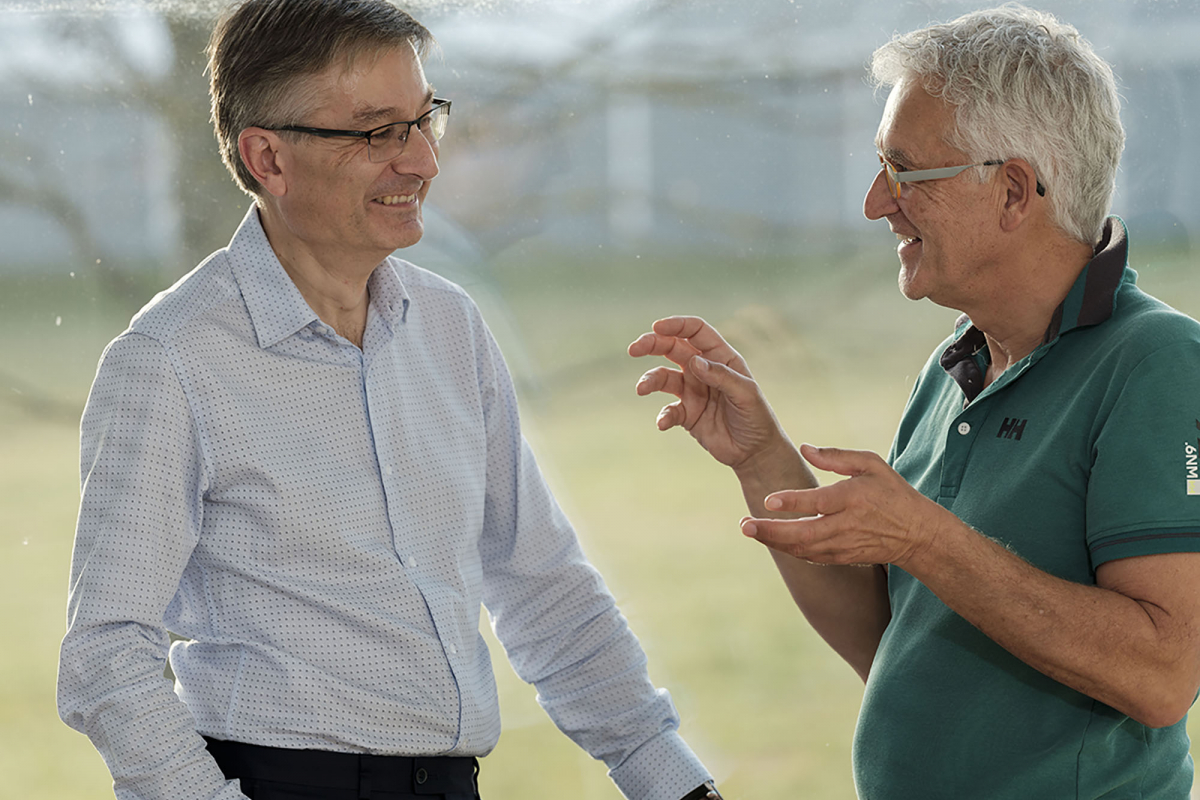CSR, driving innovation at Serge Ferrari

Interview with Philippe Espiard, our Group R&D Director
What CSR issues are winning you new markets?
In 2019, the Serge Ferrari Strategic Committee assessed the correlation between the Group's policy, our markets' and customers' needs as well as ongoing changes in our environment in a broader sense (market trends and the economic climate). In our apparent priority markets - solar protection, marine & furniture, taut architecture and modular structures - the development of more natural products, the recycling of end-of-life materials, the incorporation of recycled materials into the final products and analysis of our materials' environmental impact are all trends that will intensify in the course of the coming decade. End consumers are becoming increasingly aware of our products' safety, their low environmental impact and their recyclability.
What solutions do you provide to meet these challenges?
Without waiting for the Serge Ferrari strategic committee to deliver its conclusions, our project portfolio already benefits from our investments in these fundamental trends. We are working on technological bricks - formulations, additives - to develop ever cleaner and healthier products, even though our current products exceed the current requirements of the health and environmental regulations (REACH) and comply with various eco-labels (Greengard, Oeko- Tex, label A+). When we design new products, from the very outset we address the issues of raw materials to be used and their associated environmental impact.
For example, when we develop composite membranes for solar protection, we also aim to provide thermal comfort in buildings, thereby optimizing the use of heating or air conditioning; in other words, rationalizing energy consumption. The same applies in the field of tensile architecture where we control our membranes' degree of translucence and openwork from the design phase. By maintaining an optimal balance between waterproofing and filtering light rays, the structure is provided with total coverage while limiting the need for interior lighting. This is our way of contributing to the fight against climate change in these markets.
What about other markets? What are your commitments there?
We want to invest more heavily in niche markets where environmental and societal concerns come together. We are already active in certain segments such as aquaculture where our membranes respect foodstuffs and provide optimum sealing to avoid any leakage of substances into the marine environment.
This is how we contribute to developing reasonable methods of aquafarming in the open sea that respect aquatic environments. Other applications are currently under development, such as snow farms that would be able to cover and preserve the resource during the summer.
What are your margins for progress?
The partnership initiated with Polyloop will ultimately enable us to advance by integrating recycled raw materials into our products.
By recycling our membranes in a low capacity reactor, we will be able to assess and control the quality of the material produced by this process and then reincorporate it into our production system.
From this viewpoint, being an integrated industrial group gives us considerable added value. Our influence is predominantly upstream because we design products with outstanding durability.
Our membranes, which are manufactured in compliance with the patented Précontraint process, have good mechanical strength, as well as excellent resistance to UV, abrasion or even winding and unwinding, depending on their final applications. By avoiding the need to replace products prematurely, we are able to postpone their end of life considerably.
